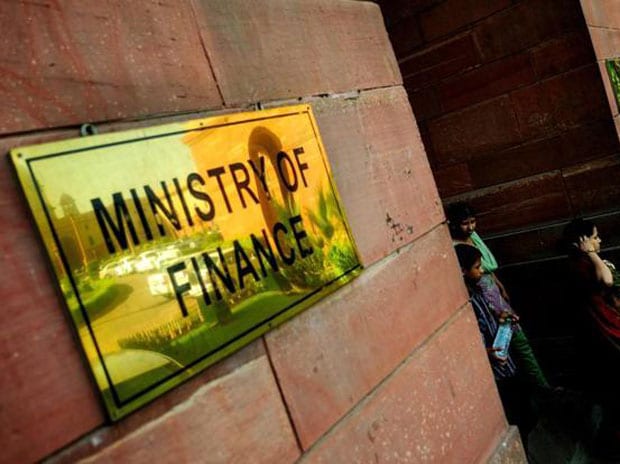As retail inflation rose to 7 per cent in August from 6.71 per cent in July, the Finance Ministry said late on Monday that consumer price index (CPI) based inflation “recorded a moderate increase”, adding that it could be attributed to “both an adverse base effect and an increase in food and fuel prices – the transient components of CPI inflation”.
It added through a series of tweets that core inflation calculated by excluding the transient components of CPI like “food and beverages” and “fuel and light” was recorded at 5.9 per cent in August, and thus remained below the tolerance limit of 6 per cent set by RBI for the fourth consecutive month.
“Prices of major inputs like iron ore and steel have sobered in the global markets. This coupled with the measures taken by the government to rationalise tariff structures of inputs to augment domestic supply has helped to keep cost push inflation in consumer items under control,” the ministry said.
Despite erratic monsoon and negative seasonality in vegetable prices, food inflation in August was still lower than the April peak of the current year.
With global inflation pressures, inflationary expectations remain anchored in India with stable core inflation, the ministry said on an optimistic note.
“IIM-Ahmedabad’s One-year Ahead Business Inflation Expectations Survey in July has declined by 34 bps to 4.83 per cent from 5.17 per cent in June. Inflation expectations have fallen below 5 per cent after 17 months,” it said in another tweet.
“To soften the prices of edible oils and pulses, tariffs on imported items have been rationalised periodically and stock limits on edible oils have been kept, to avoid hoarding,” the ministry said while listing the measures taken to curb prices of essential commodities.
Inflation in “oils and fats” and”pulses and products” have moderated to 5.62 per cent and 2.52 per cent, respectively, the Finance Ministry pointed out.
“The government has prohibited exports of food products like wheat flour/atta, rice, maida etc. to keep domestic supplies steady and curb rise in prices. The impact of these measures is expected to be felt more significantly in the coming weeks and months,” it said.
–IANS
ans/arm
(Only the headline and picture of this report may have been reworked by the Business Standard staff; the rest of the content is auto-generated from a syndicated feed.)
 Dear Reader,
Dear Reader,
Business Standard has always strived hard to provide up-to-date information and commentary on developments that are of interest to you and have wider political and economic implications for the country and the world. Your encouragement and constant feedback on how to improve our offering have only made our resolve and commitment to these ideals stronger. Even during these difficult times arising out of Covid-19, we continue to remain committed to keeping you informed and updated with credible news, authoritative views and incisive commentary on topical issues of relevance.
We, however, have a request.
As we battle the economic impact of the pandemic, we need your support even more, so that we can continue to offer you more quality content. Our subscription model has seen an encouraging response from many of you, who have subscribed to our online content. More subscription to our online content can only help us achieve the goals of offering you even better and more relevant content. We believe in free, fair and credible journalism. Your support through more subscriptions can help us practise the journalism to which we are committed.
Support quality journalism and subscribe to Business Standard.
Digital Editor



 Dear Reader,
Dear Reader,

GIPHY App Key not set. Please check settings